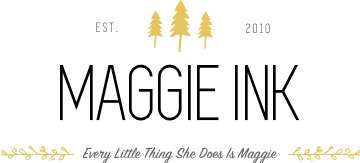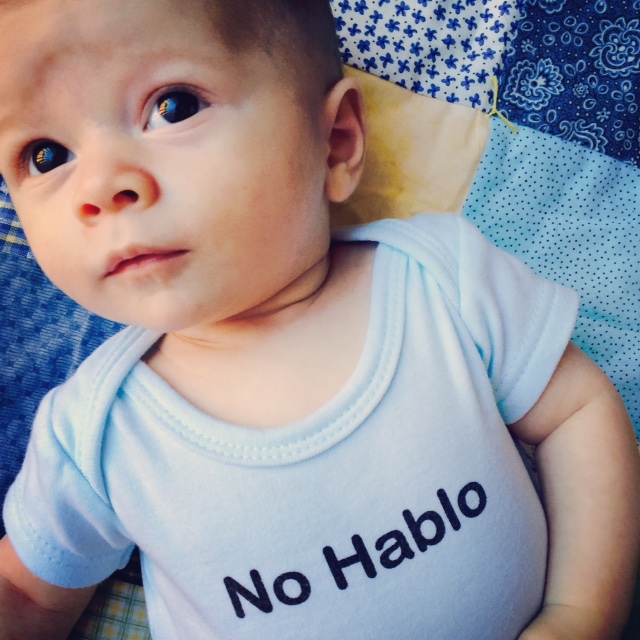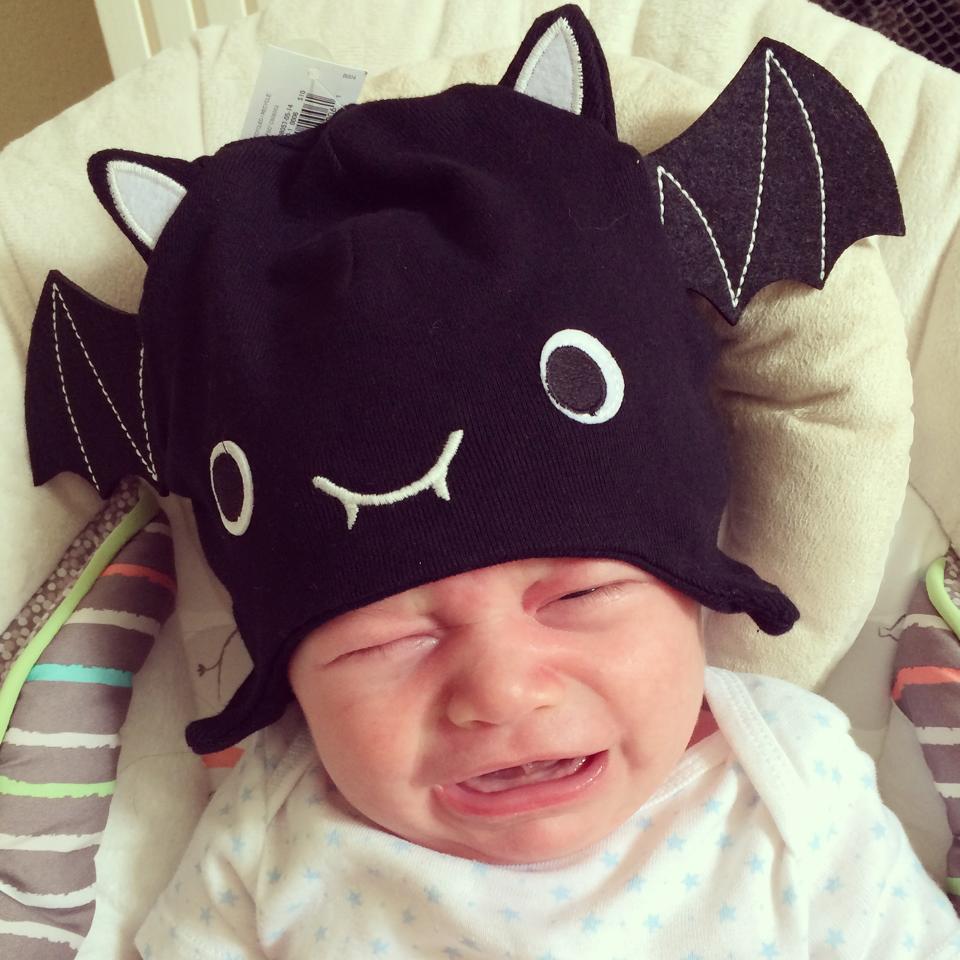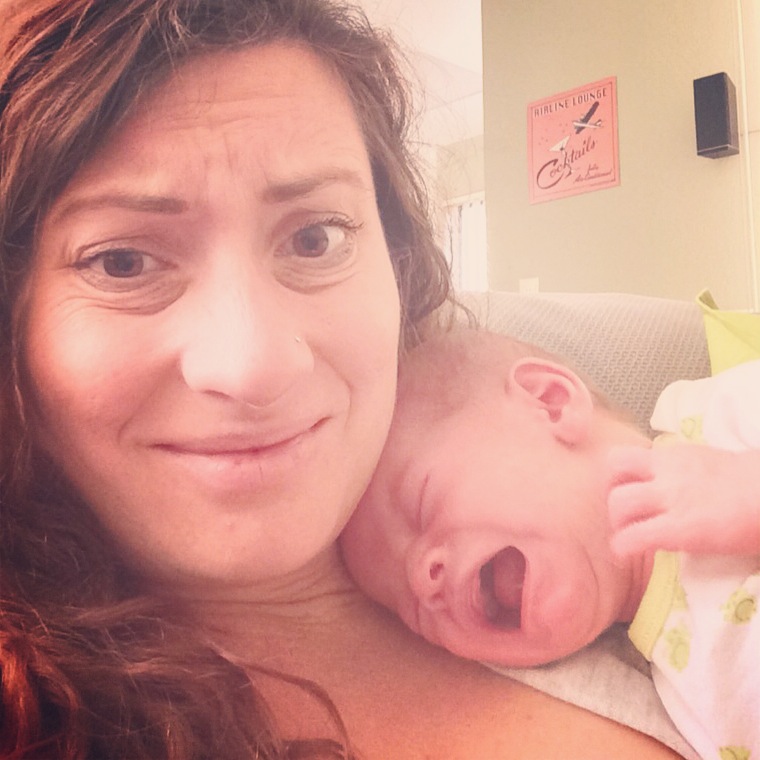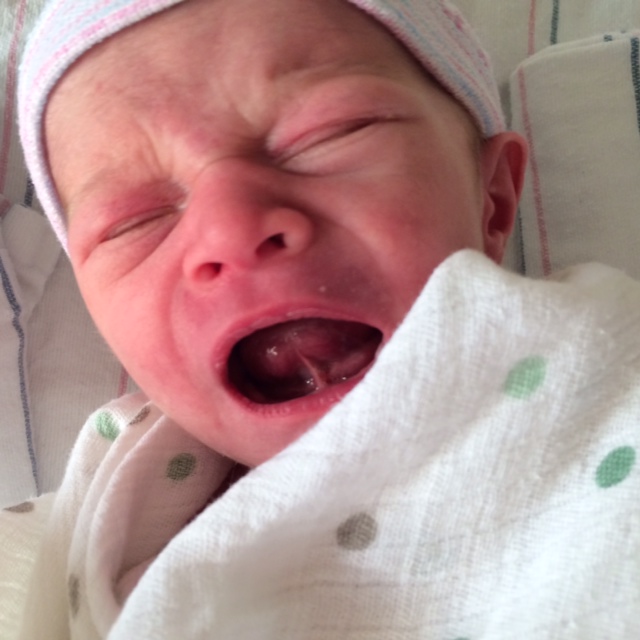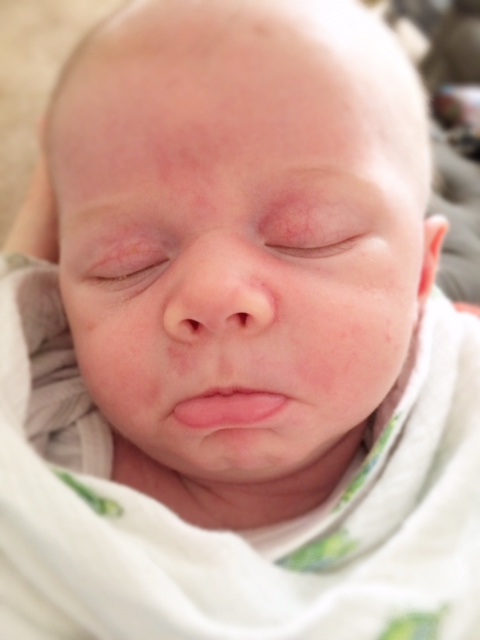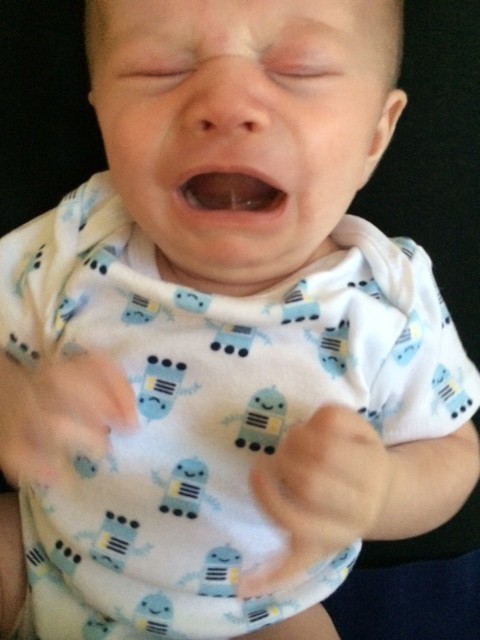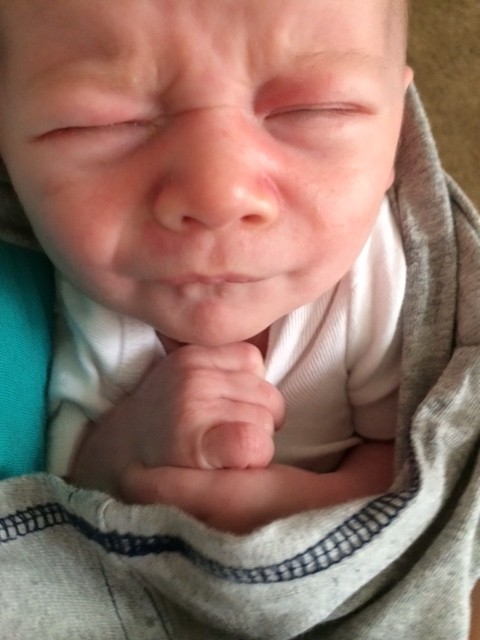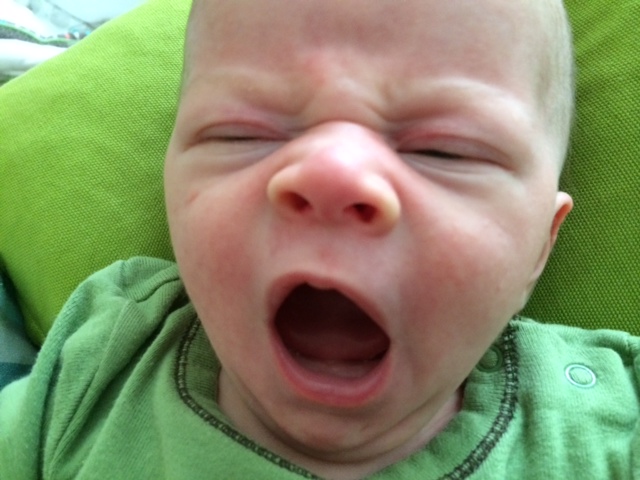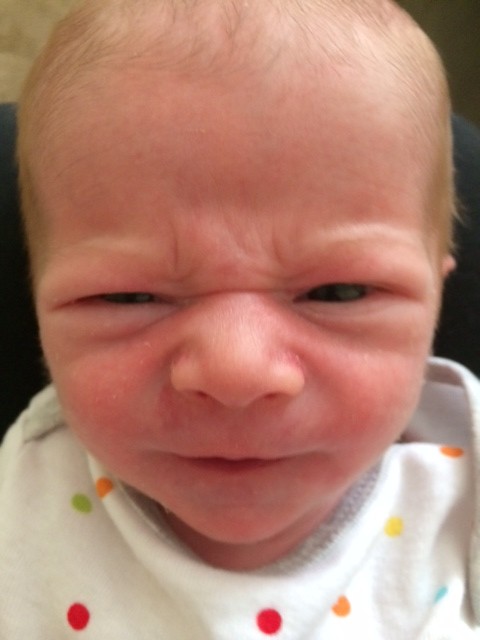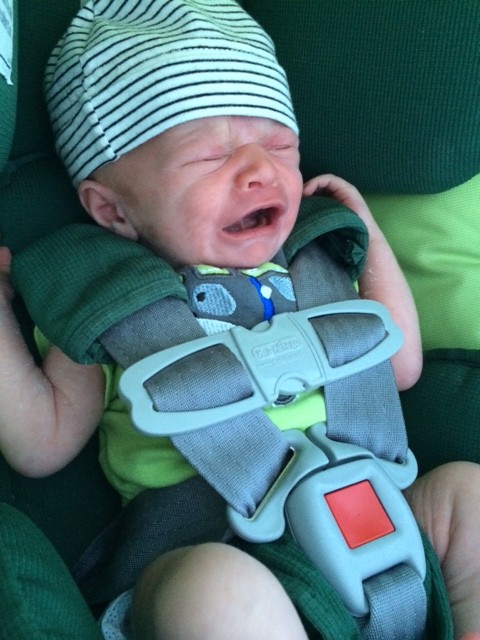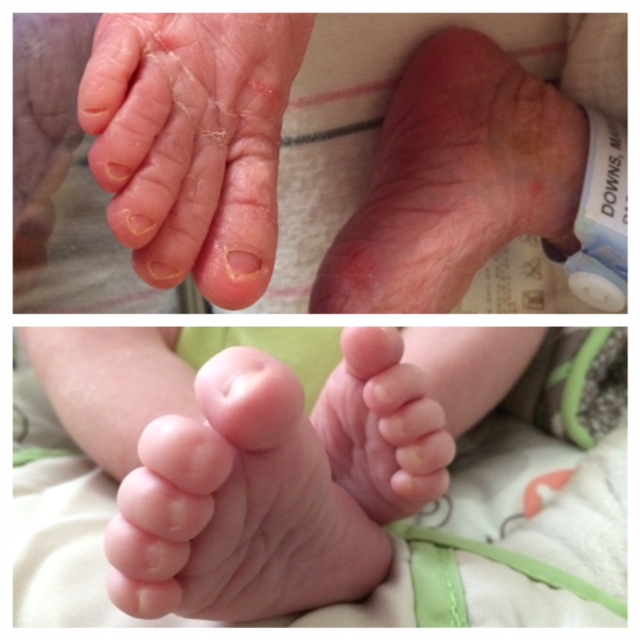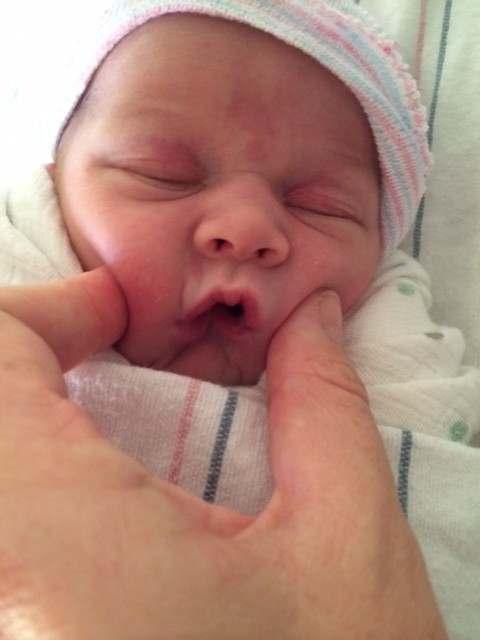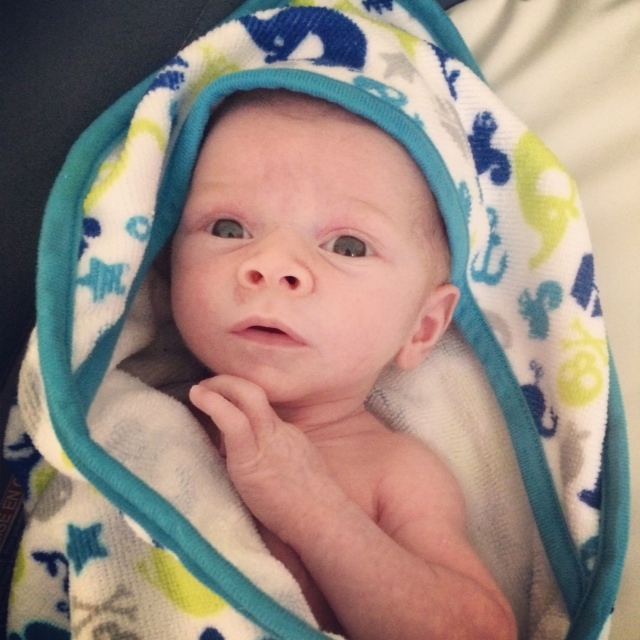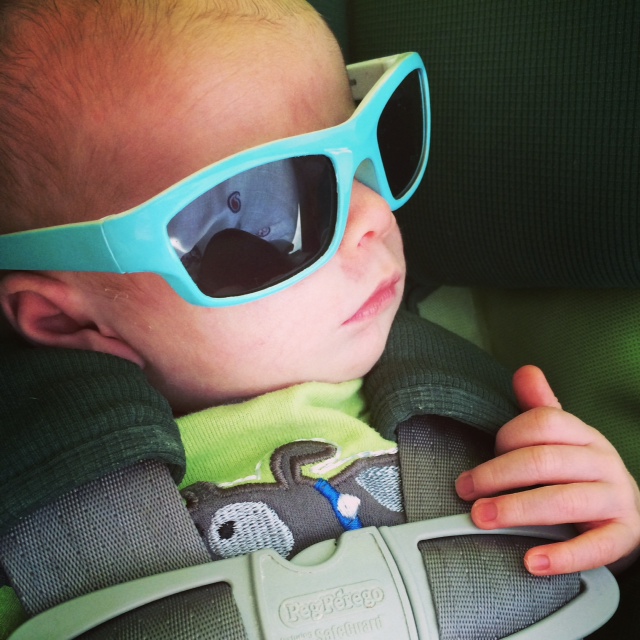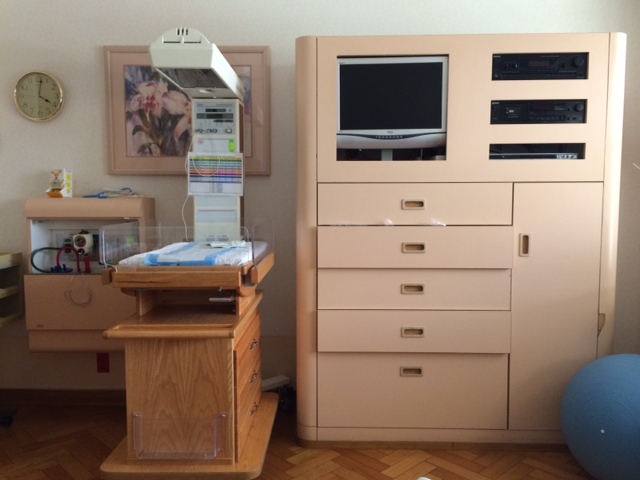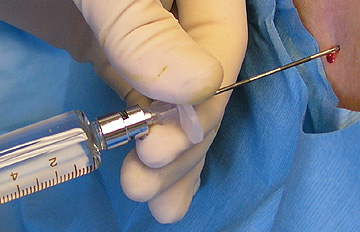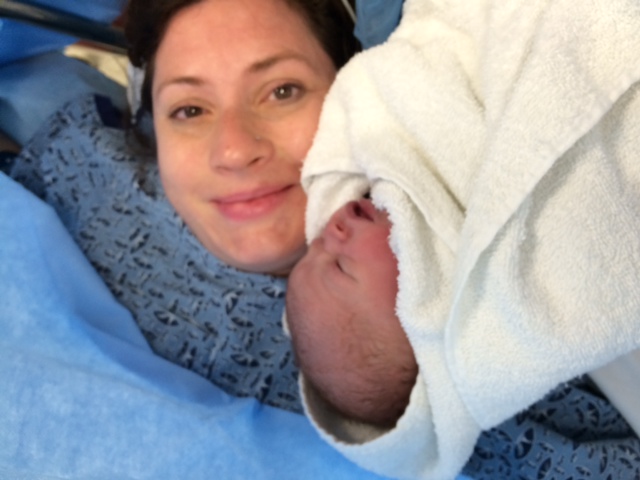One year ago, I was getting ready for a Halloween party when I decided to take a pregnancy test. The Husband and I were actively trying to conceive, and though I didn’t really think I was pregnant yet, I wanted to be certain I wasn’t drinking for two.
Then the word appeared. The word I had been hoping for. The word I never thought I’d see again, after trying for so long and experiencing so much loss.
PREGNANT.
I sat in the bathroom for several minutes. The Husband was still asleep in the bedroom, and nobody else in the world knew I was pregnant yet. Everything was about to change, and I wanted to cherish that quiet sliver of time when it was just us — just baby and me, together.
I rubbed my tummy and tried to imagine what was to come.
One year later, a word on a pee stick has become a baby.
It still messes with my head sometimes. One year and a lot of pizza later, there’s a wacky new person in the world and I now carry the title of “mommy.” WHAT? How did that happen? Magnets, how do they work?
Life, you crazy.
People ask me, “How’s motherhood?” and I don’t know how to respond, because there’s no compact answer. It’s good. And it’s strange. And it’s hard. And it has changed my life in multiple ways, and in deeply profound ways.
It’s challenging to shift your entire identity and give up your autonomy, even when it’s a choice you’ve made.
My shirts are now stained with milk and spit-up. The bags under my eyes are more like steamer trunks. I have serious conversations about poop. Sometimes I wake up in the middle of the night and think, “Ugh! Will someone please quiet that screaming child?” before I remember I’m the mom. I’m responsible for this gremlin. I often fantasize about running off to a hotel for one solid night of sleep all by myself — just one night — but I know I’ll just wake up in a puddle of milk and have a lot of explaining to do to housekeeping.
But there are other things too.
Everest is so exquisite, with long eyelashes and chunky elbows and tiny, pink toes that look like salad shrimp, I have never seen anything so amazing. Not Angkor Wat. Not the sunrise from Machu Picchu. The other day I took the baby on a walk and he was so giggly that I couldn’t look away from his beautiful, rosy face, and I literally steered the stroller into a “No Parking” sign. Sometimes I wake up in the morning, and this fuzzy-headed baby is gazing at me from his bassinet, and I realize that every moment of my life was carving the path that led to this very moment, and I am grateful.
I don’t want to say that my life is perfect and fulfilled now that I have a child, because don’t you hate it when people say that? You know that person is sticky and tired and elbow-deep in smelly diapers 14 times a day, and you wonder what the heck their life was like before if they are only now fulfilled.
But one year later, things are definitely different. Bigger. My world is more expansive now, and I like it this way.
It definitely hasn’t been easy — sometimes Everest wakes at 4 a.m. and is ready for the day, other times he screams purple for an hour for absolutely no reason I can discern — but the fact that I find it rewarding is proof of how much I adore this child.
